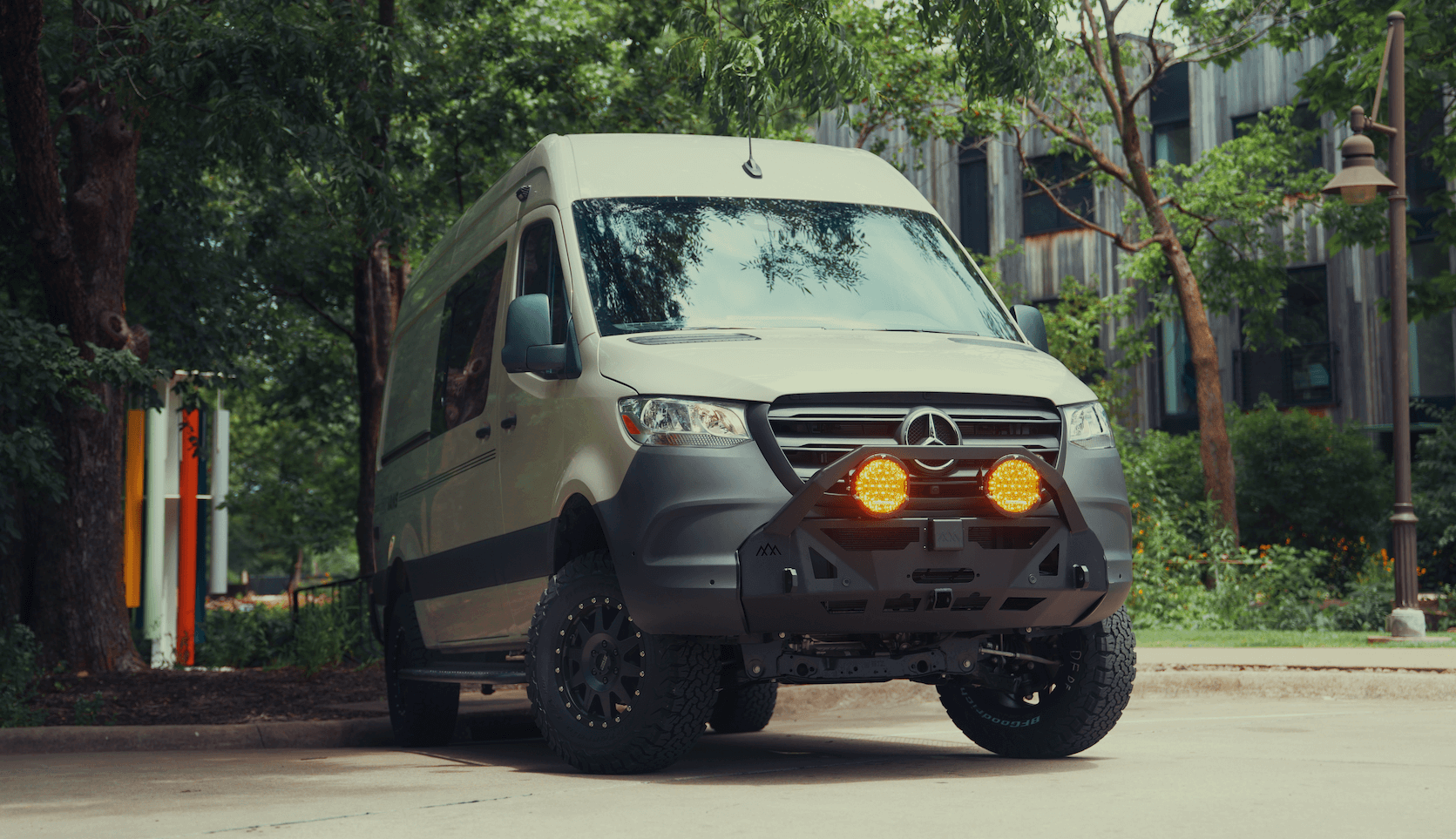Recreational Vans

A Honda generator converts mechanical energy into electrical power you can use in the field. Most portable units rely on a small engine that spins an alternator, then regulate voltage to feed your appliances, tools, and chargers. Inverter versions stabilize that output into a smooth sine wave, which protects laptops, cameras, induction cooktops, and sensitive vehicle electronics. Conventional units can deliver higher surge capacity for demanding tools but typically weigh more and make more noise. The right choice depends on load type, portability goals, and the environments where you expect to run it.
Inverter models shine for low noise, clean power, and fuel sipping at partial loads. They vary engine speed with demand, which reduces sound and fuel use. Conventional designs hold a steady speed and can be better for heavy continuous draws like large air compressors or concrete saws. For mixed camping loads and travel electronics, inverter output is the safer bet.
Every device has running watts and a higher starting surge. Fridges, air conditioners, and power tools need extra headroom to start. Add up running watts, then add a safety margin of about twenty to thirty percent to handle surges and future gear. Resist the temptation to oversize far beyond your needs, which adds weight, fuel use, and noise.
Fuel choice affects convenience and performance. Most Honda portable units use gasoline, which is widely available and easy to store in approved cans. Ethanol free fuel and fresh stock improve reliability. Runtime depends on tank size and average load. A small inverter generator can run all evening at a quarter load on a single tank, while higher loads shorten runtime quickly. Noise matters at campgrounds and trailheads. Position the generator on level ground, point the exhaust away, and place a soft mat under it to reduce vibration. Never enclose it in a sealed compartment and never run it inside a van or tent.
Generators produce carbon monoxide, an odorless and deadly gas. Always run outdoors, downwind, and far from windows and doors. Use a carbon monoxide detector inside your vehicle or camper. Let the unit cool before refueling to avoid vapor ignition. Keep a small ABC fire extinguisher nearby and check oil levels on a regular schedule.
Change oil at the intervals in the manual, clean or replace air filters, and inspect spark plugs and fuel lines. Old fuel is the most common problem. Use a fuel stabilizer if the generator sits, and run it monthly under a small load to keep it ready. Store it dry and secure to avoid spills and damage.
Think of a generator as one leg of a power triangle that also includes batteries and solar. Many campers use a generator to recharge a lithium battery bank through a high output charger. This lets you run quiet on battery most of the time, then top up with the generator during daylight or in designated hours at a campground. Add a transfer switch or a shore power style inlet to keep wiring safe and neat. For air conditioning, check locked rotor amps and starting watts. A soft start device can lower the initial surge so a smaller inverter generator can handle it.
Use quality outdoor rated cords sized for the load and length. Long skinny cords waste power and create heat. Keep connections off wet ground and protected from rain. Follow the manual for neutral bonding and grounding instructions, which vary by model and application. Balance loads to avoid tripping breakers.
On sunny trips with modest loads, a strong solar array and a lithium battery can cover most daily use. The generator becomes a backup for cloudy weeks, shade, and air conditioning. This reduces fuel consumption and noise while preserving the reliability that a generator provides when weather or usage spikes.
Power planning is easier when the generator, charging hardware, and battery system are designed as one ecosystem. Our team integrates generator ready shore inlets, battery chargers, soft start kits, and ventilation strategies so you can camp quietly on battery and only run the generator when needed. For riders, climbers, and remote workers, we tailor systems around real use data, not guesses, so your Honda generator complements solar and lithium rather than replacing them.
At handoff, we walk you through safe operation, storage, and maintenance. If you prefer a battery first approach, we can size a bank and charging plan that reduces runtime while keeping air conditioning, induction cooking, and devices happy. When you are ready to turn the key on a reliable, travel ready build, we are ready to map the entire power stack to your adventures.
Tell us your travel style, power goals, and must run gear. We will design a quiet, efficient system that makes a Honda generator work in harmony with batteries and solar. Your build should feel simple to use and easy to trust.
Recreational vans | Custom build van | Mainstream vans
At OZK Customs in Fayetteville Arkansas, we design and build recreational adventure vans, overland rigs, and commercial platforms. From battery systems and solar to safe generator integration, our shop delivers clean installs and hands on education so you leave ready for the road.
Ready to integrate dependable power into your rig? Tell us how you travel, what you need to run, and your ideal noise and runtime targets. OZK Customs will design a quiet power plan that fits your van, from inverter generator integration to complete battery and solar systems. Start your custom build conversation today.
ADDRESS:
6159 E Huntsville Rd, Fayetteville, AR 72701
PHONE:
(479) 326-9200
EMAIL:
info@ozkvans.com